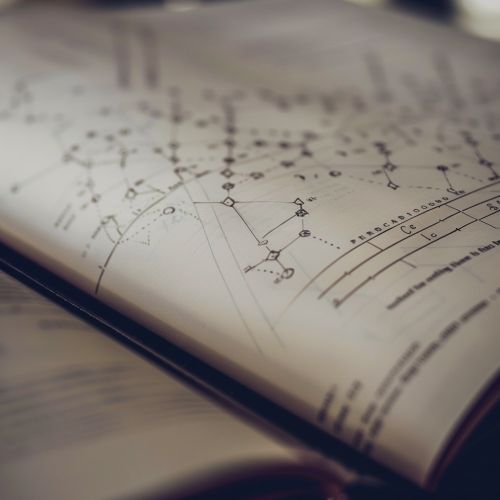Peano's axioms
Introduction
Peano's axioms are a set of axioms for the natural numbers presented by the 19th century Italian mathematician Giuseppe Peano. These axioms have been used to rigorously define the properties of the natural numbers and have been a staple in the foundation of mathematical logic and set theory.


Historical Background
Giuseppe Peano, born in 1858, was an Italian mathematician and logician who made significant contributions to the fields of mathematical logic and symbolic logic. His work on what are now known as Peano's axioms was part of his larger project to formalize mathematics based on symbolic logic. This work was first published in his 1889 work "Arithmetices principia, nova methodo exposita" (The principles of arithmetic, presented by a new method).
The Axioms
Peano's axioms are a set of five axioms that define the arithmetic of the natural numbers. The axioms are as follows:
1. Zero is a number. 2. For every natural number x, x equals itself. 3. For all natural numbers x and y, if x equals y, then y equals x. 4. For all natural numbers x, y, and z, if x equals y and y equals z, then x equals z. 5. For every natural number x, there is a natural number y such that y is the successor of x.
In these axioms, the concept of "successor" is an important one. The successor of a natural number is simply the next natural number in the sequence. For example, the successor of 1 is 2, the successor of 2 is 3, and so on.
Significance and Applications
Peano's axioms have been instrumental in the development of the foundation of mathematics. They have been used to define the natural numbers in set theory, and have been used in the study of mathematical logic. The axioms have also been used in computer science, particularly in the formal verification of software and hardware systems.
Criticisms and Controversies
While Peano's axioms have been widely accepted and used in the mathematical community, they have not been without their critics. Some mathematicians have argued that the axioms are not sufficient to capture all of the properties of the natural numbers. Others have argued that the axioms are too restrictive, and that they exclude some mathematical objects that should be considered as natural numbers.
